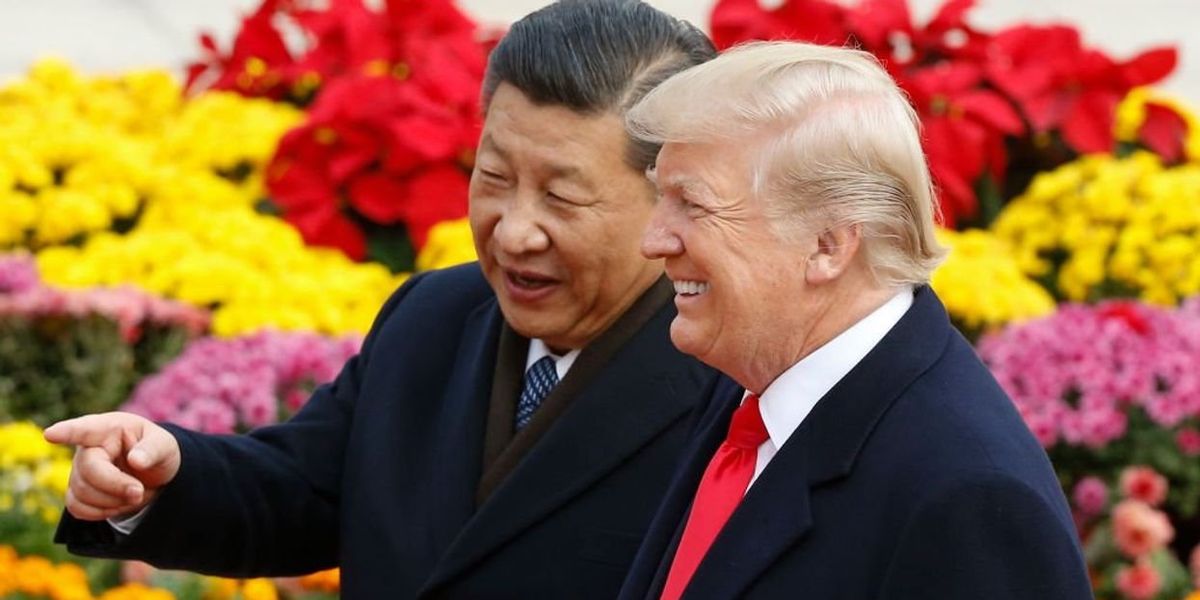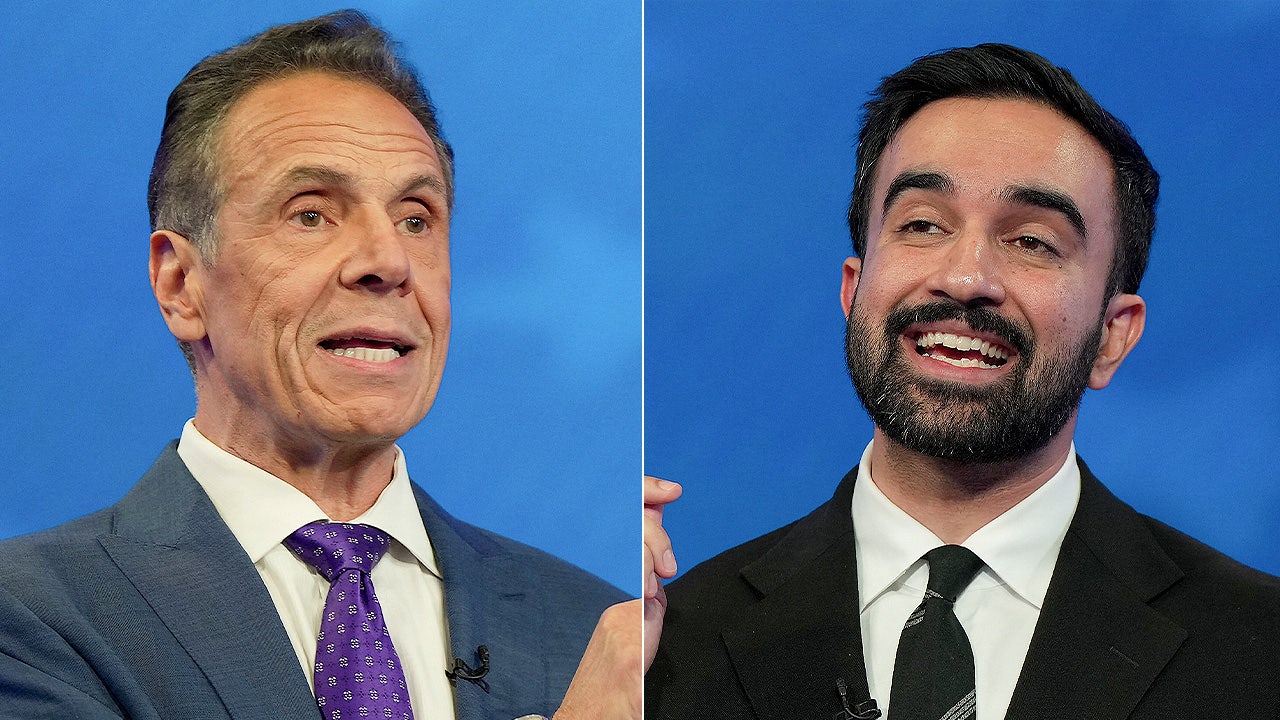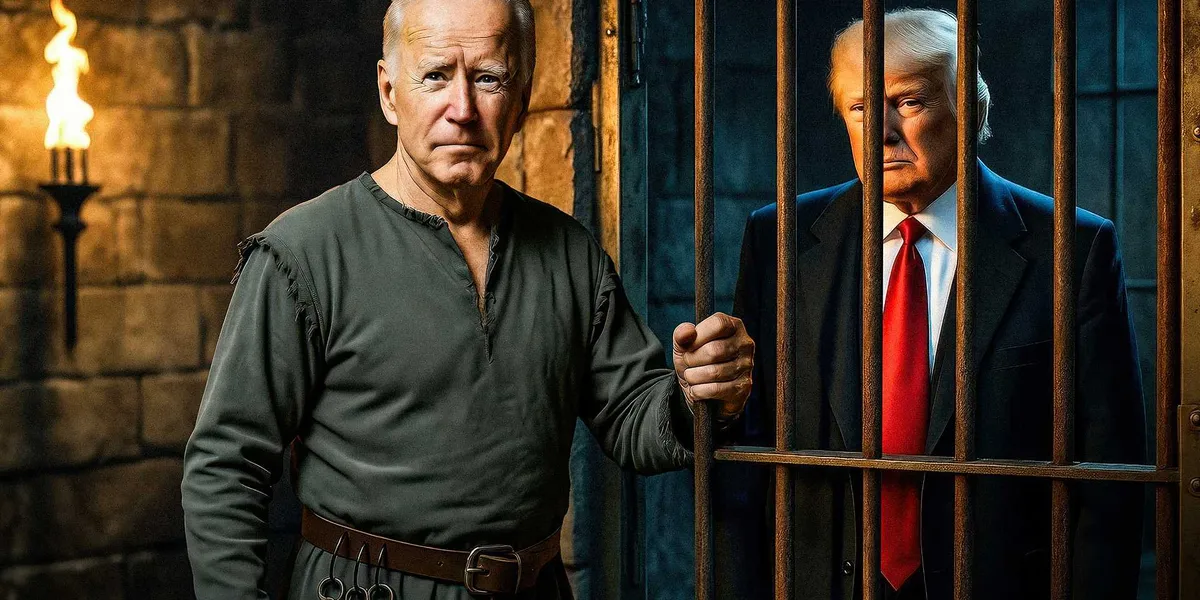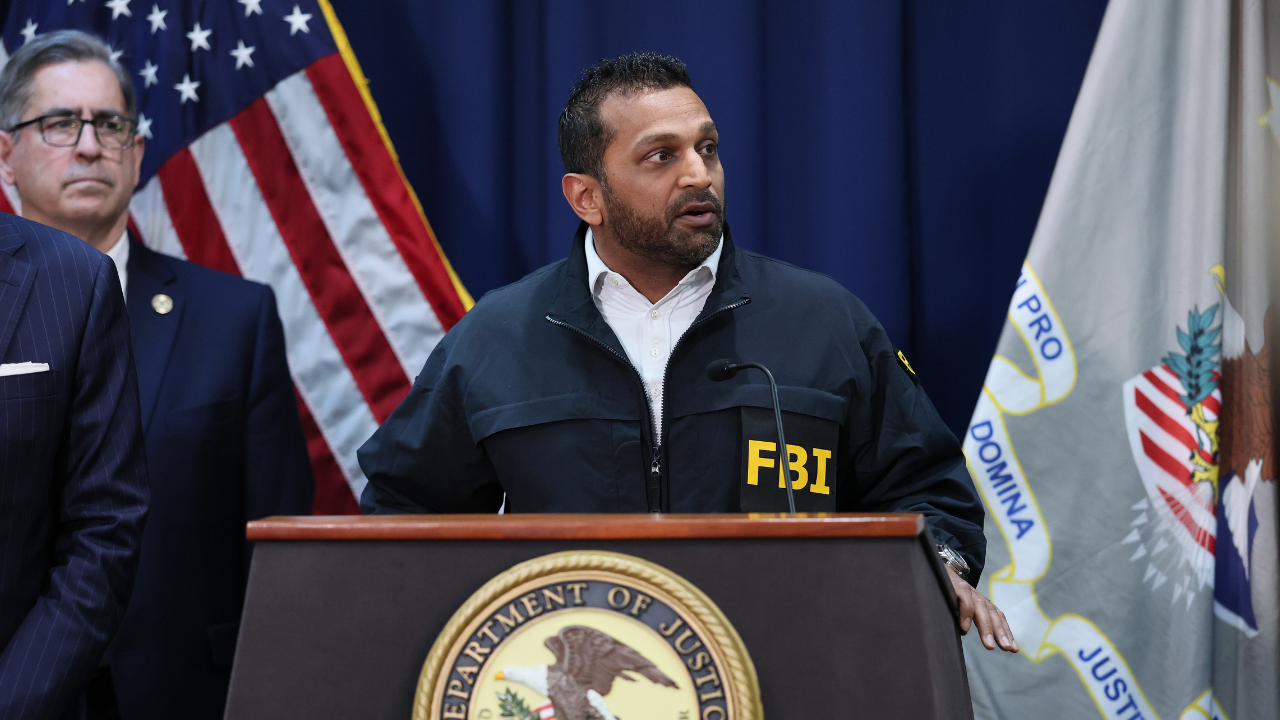The U.S. and China have temporarily paused their trade war, which has
significantly disrupted global trade and supply chains. The Dow Jones industrial average and the broader S&P 500 index leaped at the news.
President Donald Trump
told reporters Monday morning, “Yesterday, we achieved a total reset with China after productive talks in Geneva.”
“I think it’s going to be fantastic for China. I think it’s going to be fantastic for us,” continued Trump. “I think it’s going to be great for unification and peace.”
Governments for the two superpowers noted in a
joint statement Monday that recognizing both “the importance of their bilateral economic and trade relationship” and the “importance of a sustainable, long-term, and mutually beneficial economic and trade relationship,” the U.S. and China will each roll back their tariffs on each other’s goods 115% for a 90-day period.
The White House noted in a release, “This trade deal is a win for the United States, demonstrating President Trump’s unparalleled expertise in securing deals that benefit the American people.”
‘China will realize that the days of ripping off the USA, and other Countries, is no longer sustainable.’
On April 2, Trump imposed 10% tariffs on all U.S. imports and also announced “reciprocal” tariffs targeting countries with the largest U.S. trade deficits. China was a prime target, as it had a record $295.4 billion trade deficit with the U.S. last year — the largest America had with any trading partner.
Trump
issued a 90-day pause on his reciprocal tariffs just days later but made an exception for China, which had by that time imposed retaliatory tariffs against the United States.
“Based on the lack of respect that China has shown to the World’s Markets, I am hereby raising the Tariff charged to China by the United States of America to 125%, effective immediately,” Trump
stated on April 9. “At some point, hopefully in the near future, China will realize that the days of ripping off the U.S.A., and other Countries, is no longer sustainable or acceptable.”
‘Many things discussed, much agreed to.’
The tariffs shook up global markets and applied intense pressure on China.
Treasury Secretary Scott Bessent
suggested last month that the high tariff rates between the U.S. and China — 145% against China, 125% against the U.S. — had effectively embargoed trade between the world’s two biggest economies.
Bessent and U.S. Trade Representative Jamieson Greer met on Saturday with their Chinese counterparts in Geneva, Switzerland, to discuss the trade war.
Trump
noted Saturday on Truth Social that the talks were going well.
“Many things discussed, much agreed to,” wrote Trump. “A total reset negotiated in a friendly, but constructive, manner.”
‘Stocks are surging, safe havens are rapidly declining, and expectations for Federal Reserve rate cuts have been dramatically scaled back.’
China agreed to suspend the retaliatory tariffs it has imposed on American goods since April 4, but will retain a 10% tariff during the truce. The U.S. agreed that it would suspend the tariffs it imposed on China on April 8 and 9 but will similarly retain a 10% tariff, which the White House noted in a release “continues to set a fair baseline that encourages domestic production, strengthens our supply chains, and ensures that American trade policy supports American workers first, instead of undercutting them.”
The U.S. will also retain tariffs imposed on China before April 2, including the tariffs imposed in response to the fentanyl national emergency — which Trump indicated has prompted meaningful action from Beijing.
When announcing the tariff reductions in Geneva, Bessent said, “The consensus from both delegations this weekend is neither side wants a decoupling,” reported the Associated Press.
“And what had occurred with these very high tariffs … was an embargo, the equivalent of an embargo. And neither side wants that. We do want trade,” added Bessent. “We want more balanced trade.”
Trump noted Monday that the government in Beijing has “agreed to open China, fully open China,” but indicated that “it’s going to take a while to paper that.”
The markets were receptive to the news.
“Stocks are surging, safe havens are rapidly declining, and expectations for Federal Reserve rate cuts have been dramatically scaled back,” Kathleen Brooks, research director at the investment group XTB
told the Guardian. “The driver is the suspension of tariffs between China and the U.S. The U.S. has reduced tariffs on Chinese goods from 145% to 30%, and China has reduced tariffs on U.S. goods to 10%.”
“The U.S. treasury secretary has said that tariffs won’t decline from this level, but he said that the deal brokered this weekend will bring an end to the trade embargo between the world’s two largest economies and is the end of de-escalation,” added Brooks.
Like Blaze News? Bypass the censors, sign up for our newsletters, and get stories like this direct to your inbox. Sign up here!
Read the full article here









![JD Vance Denounces Israeli Annexation Vote, Reaffirms Donald Trump’s Peace Commitment [WATCH] JD Vance Denounces Israeli Annexation Vote, Reaffirms Donald Trump’s Peace Commitment [WATCH]](https://www.rvmnews.com/wp-content/uploads/2024/10/2024.10.30-03.13-rvmnews-67224d2502b94.jpg)


